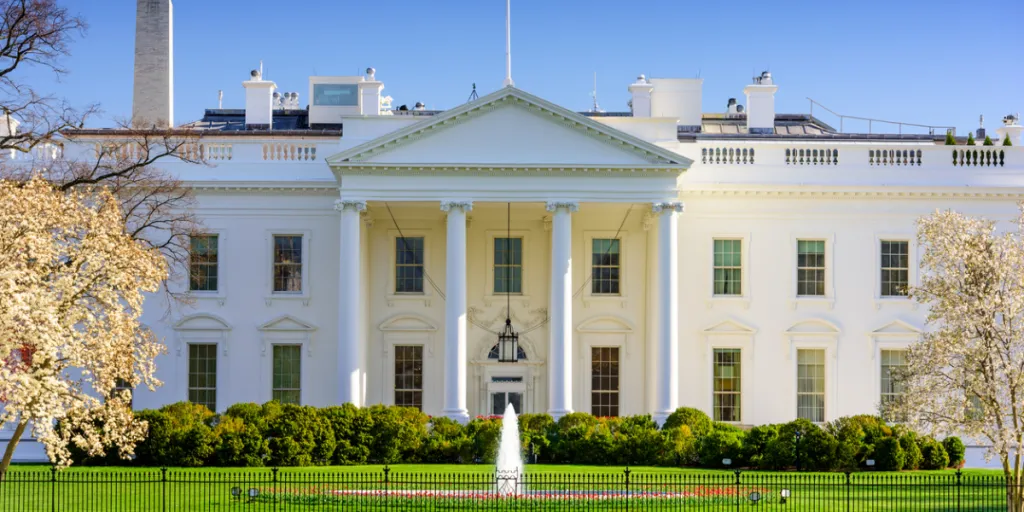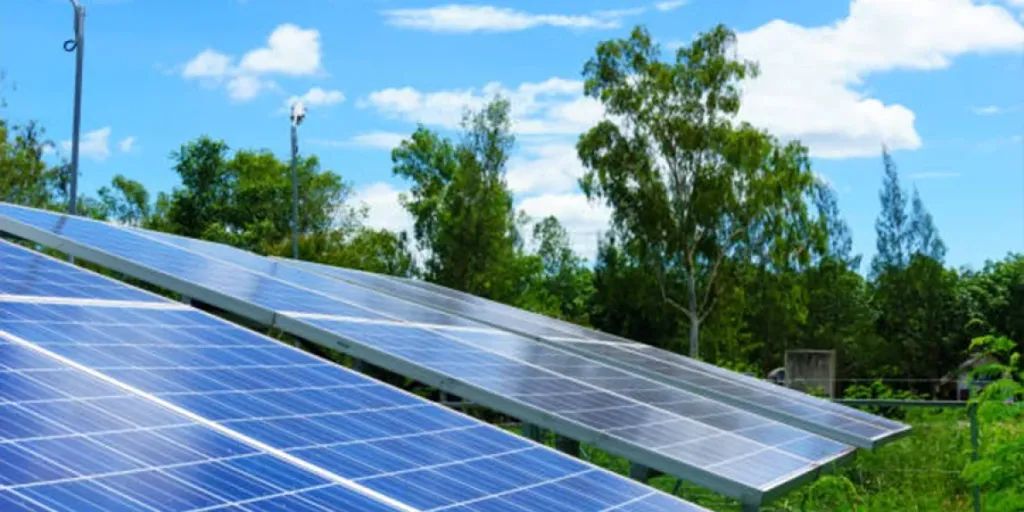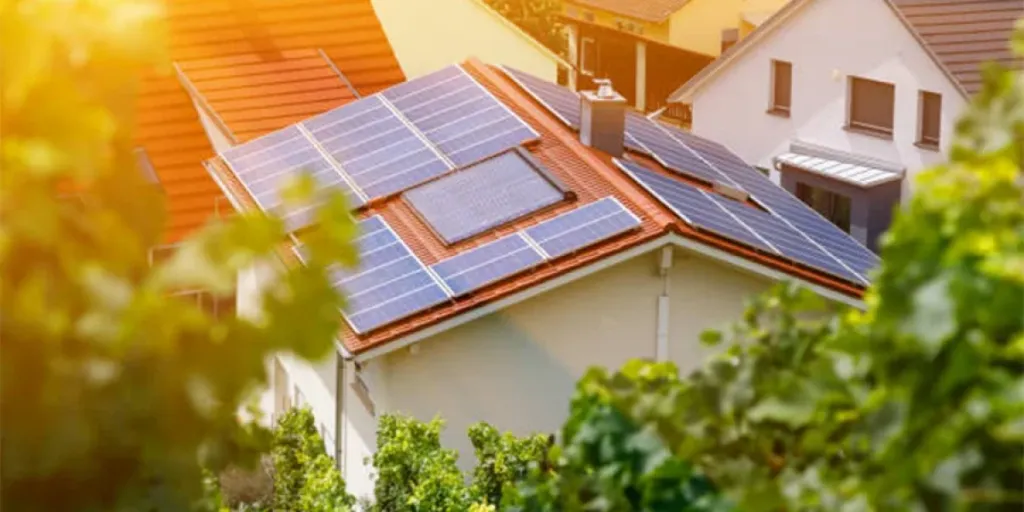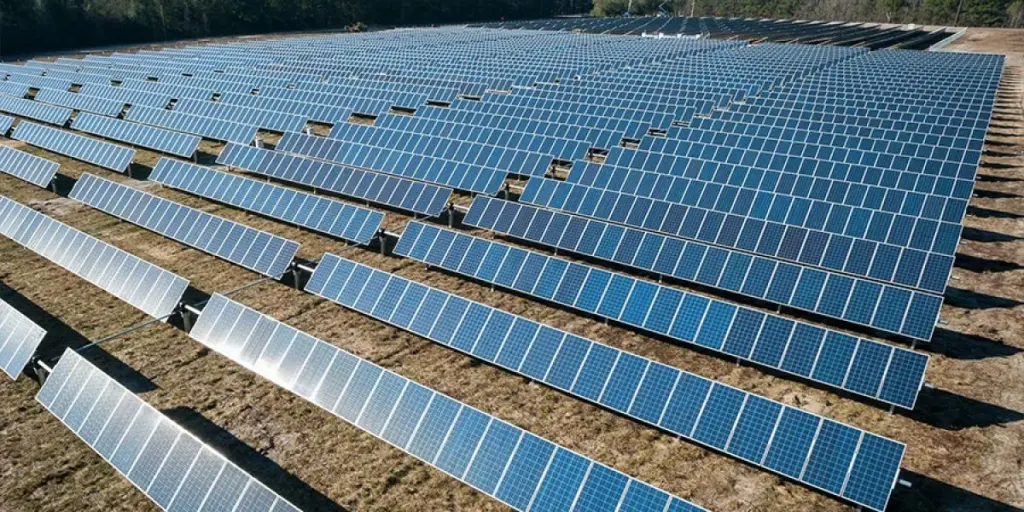- US has proposed revisions to the NEPA as part of efforts to accelerate clean energy deployment
- It will enable projects with significant and long-lasting positive impacts to do away with EIS
- The government has also issued final interconnection rules in a bid to clear up the interconnection queues of over 2 TW capacity
The US government has proposed to revise the National Environmental Policy Act (NEPA), to expedite permitting and environmental reviews for clean energy projects calling it a ‘key element’ of the Biden administration’s permitting reform agenda.
According to the White House, the proposed revisions will ensure that projects that only have significant, long-lasting positive impact do not require environmental impact statements (EIS).
Responsible agencies will also be able to establish new categorical exclusions through a land use plan supported by a ‘programmatic environmental review’. These will unlock faster reviews for projects with few environmental effects.
The Council on Environmental Quality (CEQ) is in charge of the proposed rulemaking.
“These reforms to federal environmental reviews will deliver better decisions, faster permitting, and more community input and local buy-in,” said Chair of the White House Council on Environmental Quality, Brenda Mallory.
Comments to the proposed revisions will be admitted till September 29, 2023. Details are available on the government’s Federal Register website.
Solar Energy Industries Association’s (SEIA) Senior Vice President of Policy Sean Gallagher welcomed the proposal saying it will help speed up permitting timelines for solar and transmission projects on federal lands.
Proposed changes to NEPA were announced soon after the Federal Energy Regulatory Commission (FERC) issued its final rule on interconnection, speeding up the connection of new power projects to the grid. The commission counted more than 2 GW of generation and storage projects awaiting interconnection clearance at the end of 2022. Berkeley Lab counted almost 1 TW of this as being solar capacity.
The new interconnection rules set firm study deadlines and establish penalties for transmission providers failing to meet the same. The commission has also scrapped the commercial readiness rule that required offtake agreements to be in place for clean energy project developers before entering the interconnection queue.
Source from Taiyang News
The information set forth above is provided by Taiyang News independently of Alibaba.com. Alibaba.com makes no representation and warranties as to the quality and reliability of the seller and products.




